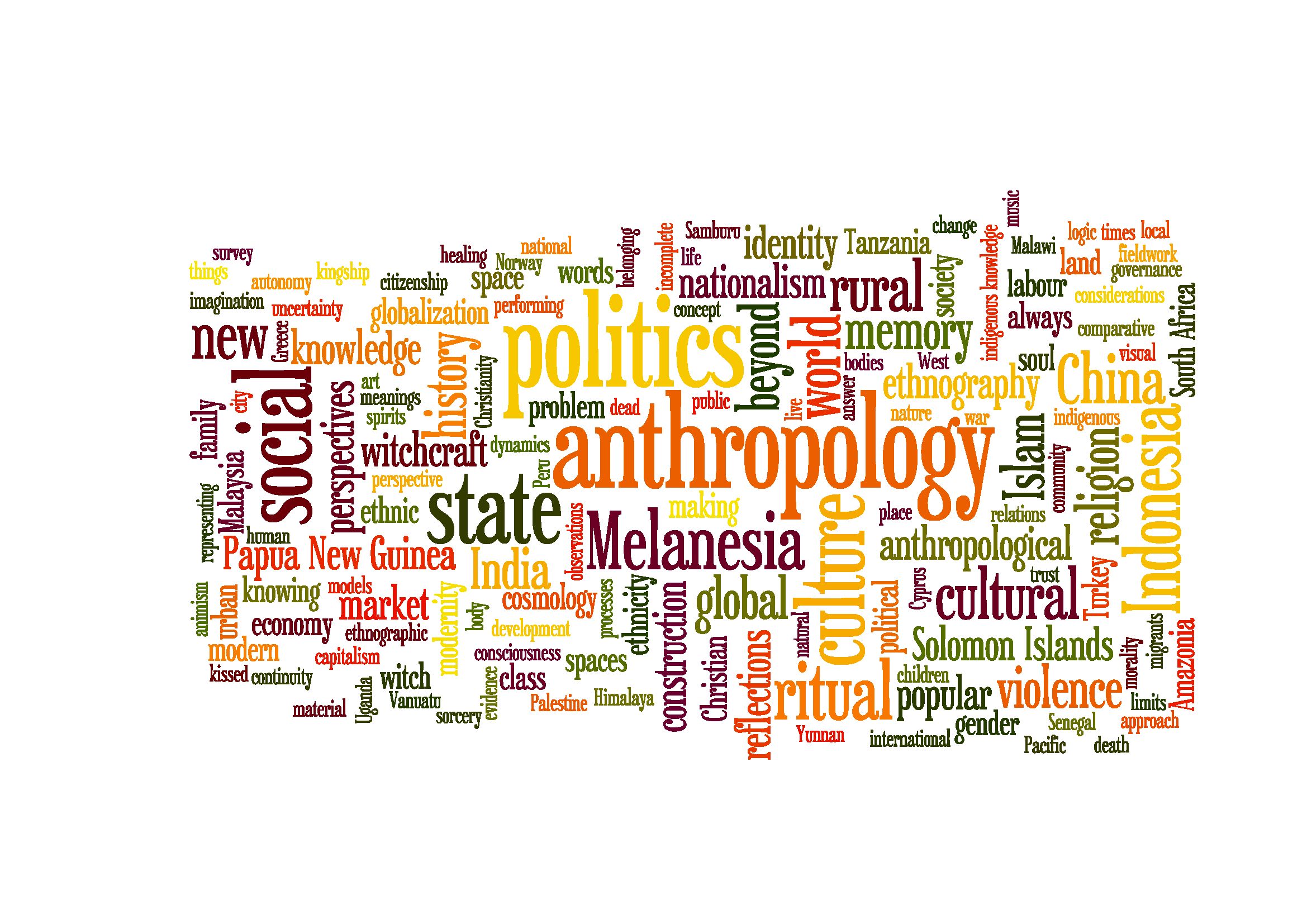The students of sociology generally talk about the founding fathers of the discipline. It is unanimously agreed all over the world that Emile Durkheim, Max Weber and Karl Marx are the architects of sociology.
They have constituted the tradition and culture of sociology. It is argued that historically, early anthropology started sometime during the 18th century. If we are able to identify the thinkers who founded anthropology, we would be able to define the discipline.
According to some historians, the origin of social anthropology is traced to David Hume and Immanuel Kant who were the first philosophers to define social anthropology. Hume was a British empiricist who argued that “experience was the only trustworthy source of valid knowledge”.
ADVERTISEMENTS:
It was through the initiation of Hume that empiricism entered the social sciences including social anthropology. Empiricism literally means “based on experience”. Thus, according to Hume, social anthropology studies the society out of empiricism, that is, experience.
Kant contested the empirical approach to social anthropology as given by Hume. He argued that people had certain shared innate faculties, which were assumed to be embedded in their mode of thought.
In other words, he held that human beings were born with certain ‘formulas’ for thinking; from this idea, it follows that people all over the world would think in roughly the same way.
ADVERTISEMENTS:
The definitions of anthropology given by Hume and Kant, though quite vague, boil down to the fact that anthropology records the experiences of people. It is not a desk social science.
It builds on data coming out of experience. However, the approach taken by Kant is highly philosophical and psychological. He propounds that anthropology should study the universal mental traits of human beings.
If a serpent spreads it hood, it frightens a man; and if a locality is gutted, the inhabitants run in panic. Such behaviour is universal; it is found all over the world and in all societies. According to Kant, anthropology, therefore, identifies the human universal mental traits.
It is also amazing to know that the history of anthropology neither begins with Herodotus nor with any other thinker. It is said that the systematic history of anthropology rightly begins from Henry Maine and Henry Morgan. These two thinkers could be said to be the founding fathers of social anthropology.
ADVERTISEMENTS:
How did they define social anthropology? For them, social anthropology was the study of social evolution.
These thinkers tried to find the origin and development of social institutions, namely, law, marriage, family and society. Let us now turn to the definition of social anthropology in terms of evolution which remained pervasive and dominant all through the 19th century.
